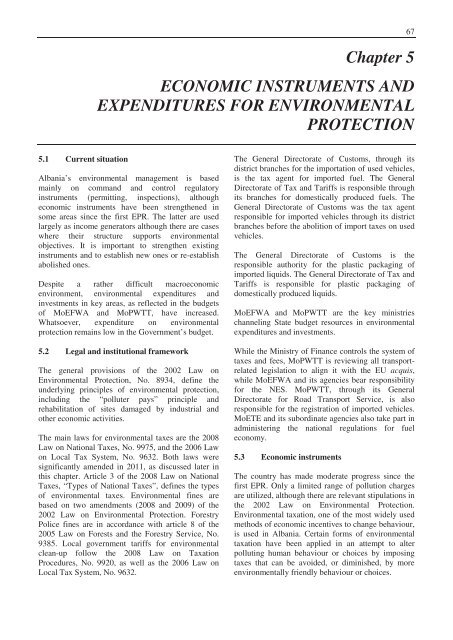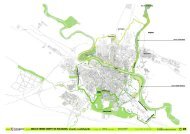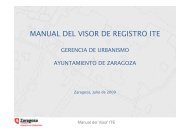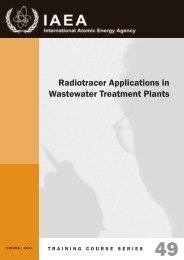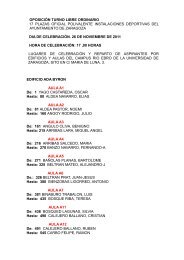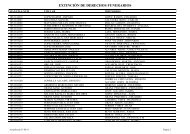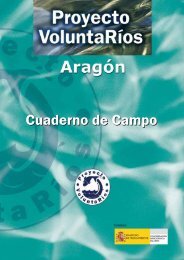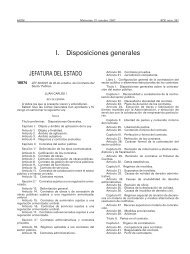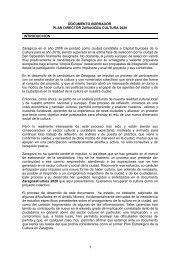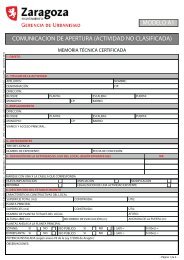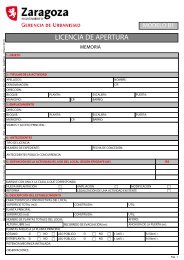Second Environmental Performance Review of Albania
Second Environmental Performance Review of Albania
Second Environmental Performance Review of Albania
You also want an ePaper? Increase the reach of your titles
YUMPU automatically turns print PDFs into web optimized ePapers that Google loves.
67Chapter 5ECONOMIC INSTRUMENTS ANDEXPENDITURES FOR ENVIRONMENTALPROTECTION5.1 Current situation<strong>Albania</strong>’s environmental management is basedmainly on command and control regulatoryinstruments (permitting, inspections), althougheconomic instruments have been strengthened insome areas since the first EPR. The latter are usedlargely as income generators although there are caseswhere their structure supports environmentalobjectives. It is important to strengthen existinginstruments and to establish new ones or re-establishabolished ones.Despite a rather difficult macroeconomicenvironment, environmental expenditures andinvestments in key areas, as reflected in the budgets<strong>of</strong> MoEFWA and MoPWTT, have increased.Whatsoever, expenditure on environmentalprotection remains low in the Government’s budget.5.2 Legal and institutional frameworkThe general provisions <strong>of</strong> the 2002 Law on<strong>Environmental</strong> Protection, No. 8934, define theunderlying principles <strong>of</strong> environmental protection,including the “polluter pays” principle andrehabilitation <strong>of</strong> sites damaged by industrial andother economic activities.The main laws for environmental taxes are the 2008Law on National Taxes, No. 9975, and the 2006 Lawon Local Tax System, No. 9632. Both laws weresignificantly amended in 2011, as discussed later inthis chapter. Article 3 <strong>of</strong> the 2008 Law on NationalTaxes, “Types <strong>of</strong> National Taxes”, defines the types<strong>of</strong> environmental taxes. <strong>Environmental</strong> fines arebased on two amendments (2008 and 2009) <strong>of</strong> the2002 Law on <strong>Environmental</strong> Protection. ForestryPolice fines are in accordance with article 8 <strong>of</strong> the2005 Law on Forests and the Forestry Service, No.9385. Local government tariffs for environmentalclean-up follow the 2008 Law on TaxationProcedures, No. 9920, as well as the 2006 Law onLocal Tax System, No. 9632.The General Directorate <strong>of</strong> Customs, through itsdistrict branches for the importation <strong>of</strong> used vehicles,is the tax agent for imported fuel. The GeneralDirectorate <strong>of</strong> Tax and Tariffs is responsible throughits branches for domestically produced fuels. TheGeneral Directorate <strong>of</strong> Customs was the tax agentresponsible for imported vehicles through its districtbranches before the abolition <strong>of</strong> import taxes on usedvehicles.The General Directorate <strong>of</strong> Customs is theresponsible authority for the plastic packaging <strong>of</strong>imported liquids. The General Directorate <strong>of</strong> Tax andTariffs is responsible for plastic packaging <strong>of</strong>domestically produced liquids.MoEFWA and MoPWTT are the key ministrieschanneling State budget resources in environmentalexpenditures and investments.While the Ministry <strong>of</strong> Finance controls the system <strong>of</strong>taxes and fees, MoPWTT is reviewing all transportrelatedlegislation to align it with the EU acquis,while MoEFWA and its agencies bear responsibilityfor the NES. MoPWTT, through its GeneralDirectorate for Road Transport Service, is alsoresponsible for the registration <strong>of</strong> imported vehicles.MoETE and its subordinate agencies also take part inadministering the national regulations for fueleconomy.5.3 Economic instrumentsThe country has made moderate progress since thefirst EPR. Only a limited range <strong>of</strong> pollution chargesare utilized, although there are relevant stipulations inthe 2002 Law on <strong>Environmental</strong> Protection.<strong>Environmental</strong> taxation, one <strong>of</strong> the most widely usedmethods <strong>of</strong> economic incentives to change behaviour,is used in <strong>Albania</strong>. Certain forms <strong>of</strong> environmentaltaxation have been applied in an attempt to alterpolluting human behaviour or choices by imposingtaxes that can be avoided, or diminished, by moreenvironmentally friendly behaviour or choices.


